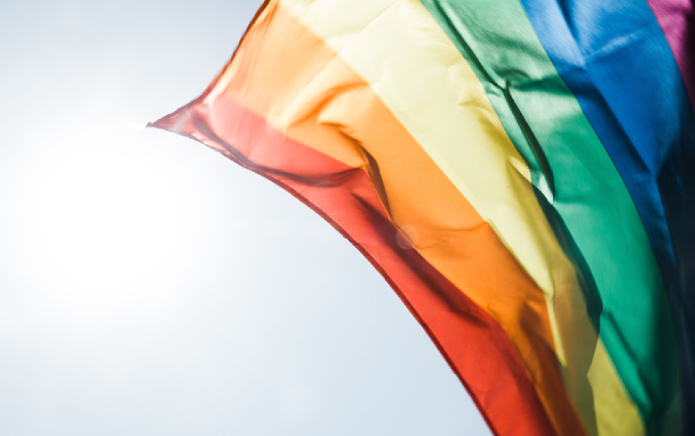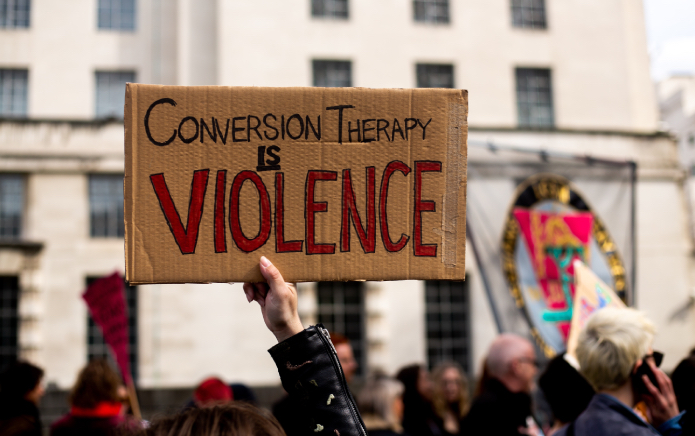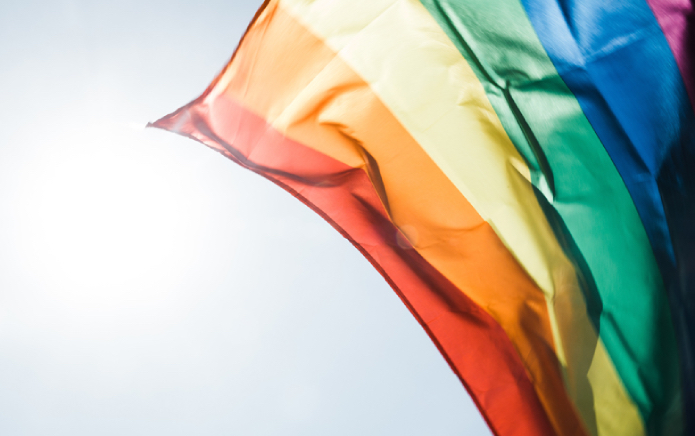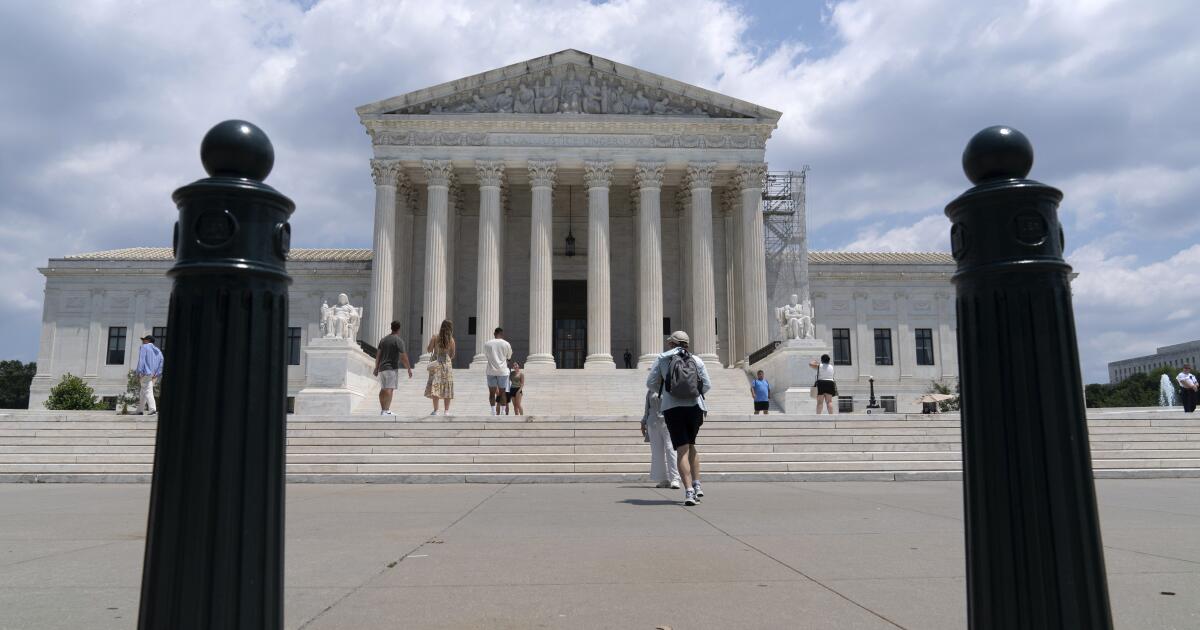US Supreme Court hears arguments in Colorado conversion therapy ban
The US Supreme Court have been presented with arguments in a case attempting to overturn Colorado’s conversion therapy ban for minors.
Back in June 2019, Colorado became the 18th state to prohibit the harmful and discredited practice from being used with its
So-called conversion therapy refers to any attempt at changing a person’s sexual orientation or gender identity and can often involve cruel and dangerous methods such as electroshock therapy, nausea-causing drugs, verbal and physical abuse, food deprivation, and forced prayer.
While it has been widely condemned by health experts and scientific bodies worldwide, the US Supreme Court has recently considered the possibility of overturning Colorado’s ban on the harmful practice —a move that could roll back similar laws in other states.
On 7 October, the court, which has a 6-3 conservative majority, heard oral arguments regarding the Chiles v. Salazar case – which stemmed from Christian therapist Kaley Chiles’ lawsuit against the state of Colorado.
In her petition, the licensed professional counsellor, who is represented by the conservative legal group Alliance Defending Freedom (ADF), claimed that the state’s conversion therapy ban violates her freedom of speech under the First Amendment.
During opening arguments, Chiles’ lawyer, James Campbell, alleged that Colorado law forbids counsellors like his client “from helping minors pursue state disfavored goals on issues of issues of gender and sexuality.”
“This law prophylactically bans voluntary conversations, censoring widely held views on debated moral, religious and scientific questions. Aside from this law and recent ones like it, Colorado hasn’t identified any similar viewpoint-based bans on counselling. These laws are historic outliers,” he alleged.

During Colorado’s opening argument, the Solicitor General Shannon Stevenson defended the state’s ban, citing that “state power is at its apex when it regulates to ensure safety in the healthcare professions.”
“Colorado’s law lies at the bull’s eye center of this protection because it prohibits licensed professionals from performing one specific treatment because that treatment does not work and carries a great risk of harm,” she continued.
“No court has ever held that a law like this implicates the First Amendment, and for good reason. First, the law applies only to treatments, that is, only when a licensed professional is delivering clinical care to an individual patient. In that setting, providers have a duty to act in their patients’ best interest and according to their professional standards.
“The First Amendment affords no exception. Second, because this law governs only treatments, it does not interfere with any First Amendment interest. It does not stop a professional from expressing any viewpoint about the treatment to their patient or to anyone else.”
In addition to the above, the court heard an argument from the US Federal Government’s Principal Deputy Solicitor General Hashim Mooppan, who came out in support of Chiles, stating that the Colorado law is “subject to strict scrutiny under the First Amendment.”
During the question portions of the hearing, many of the conservative justices pushed back against the state’s law, with Justice Samuel Alito expressing concern that it was “blatant viewpoint discrimination.”

Justice Amy Coney Barrett also posed the question of whether states can “pick a side” regarding the standard of care.
In response to Barrett’s question, Stevenson said: “The state can show we’re regulating a treatment and we’re regulating consistent with the standard of care. There is a confirmation, a security that the court can have that there is no other motive going to suppress viewpoints or expression.”
While addressing Campbell’s argument, liberal Justice Sotomayor described Chiles vs Salazar as “an unusual case,” citing that there has been no enforcement of Colorado’s law within the last six years.
She also pointed out that state officials did not consider Chiles’ faith-based counselling as a violation of the state’s ban before adding: “So how does that fit into being an imminent threat of prosecution? Yes, you have an argument; they’ve disavowed it. How does that give you standing?
In response, Campbell said he didn’t believe Colorado officials have disavowed enforcement, alleging that “the state was relying on a misreading of the allegations in the case to say there’s no standing.”
He also claimed that several anonymous complaints have been filed against his client, alleging that the state is now investigating them for violating the conversion therapy ban.
During a post-hearing press conference, Colorado Attorney General Phil Weiser told reporters: “This practice is harmful – it’s been banned on bipartisan basis in Colorado and many other states. It tells young people that who they are is not OK, leaving lasting harm.”
Weiser also pushed back on Campbell’s claim that the state was investigating Chiles, revealing that “there have been no official proceedings or efforts to take any action against the petitioner.”
In the wake of the hearing, an array of LGBTQIA+ activists and organisations have slammed the attempt to reverse Colorado’s conversion therapy ban, including Human Rights Campaign President Kelley Robinson.
“So-called ‘conversion therapy is not therapy, it is an abusive, discredited pseudoscience rooted in shame, rejection and fear. It often resorts to guilt, coercion and trauma in a disturbing effort to make someone believe they are less than simply because of who they are,” she said.
“These appalling practices can destroy families, worsen mental health outcomes and rob people of their faith communities. Laws like Colorado’s are crucial in ensuring that parents can trust licensed mental health professionals to keep youth safe, supported and able to get the care they need without fear of judgment or bias.”
The Supreme Court is expected to reach a decision in Chiles v Salazar in June 2026.
To listen to the full 90-minute hearing, click here.

